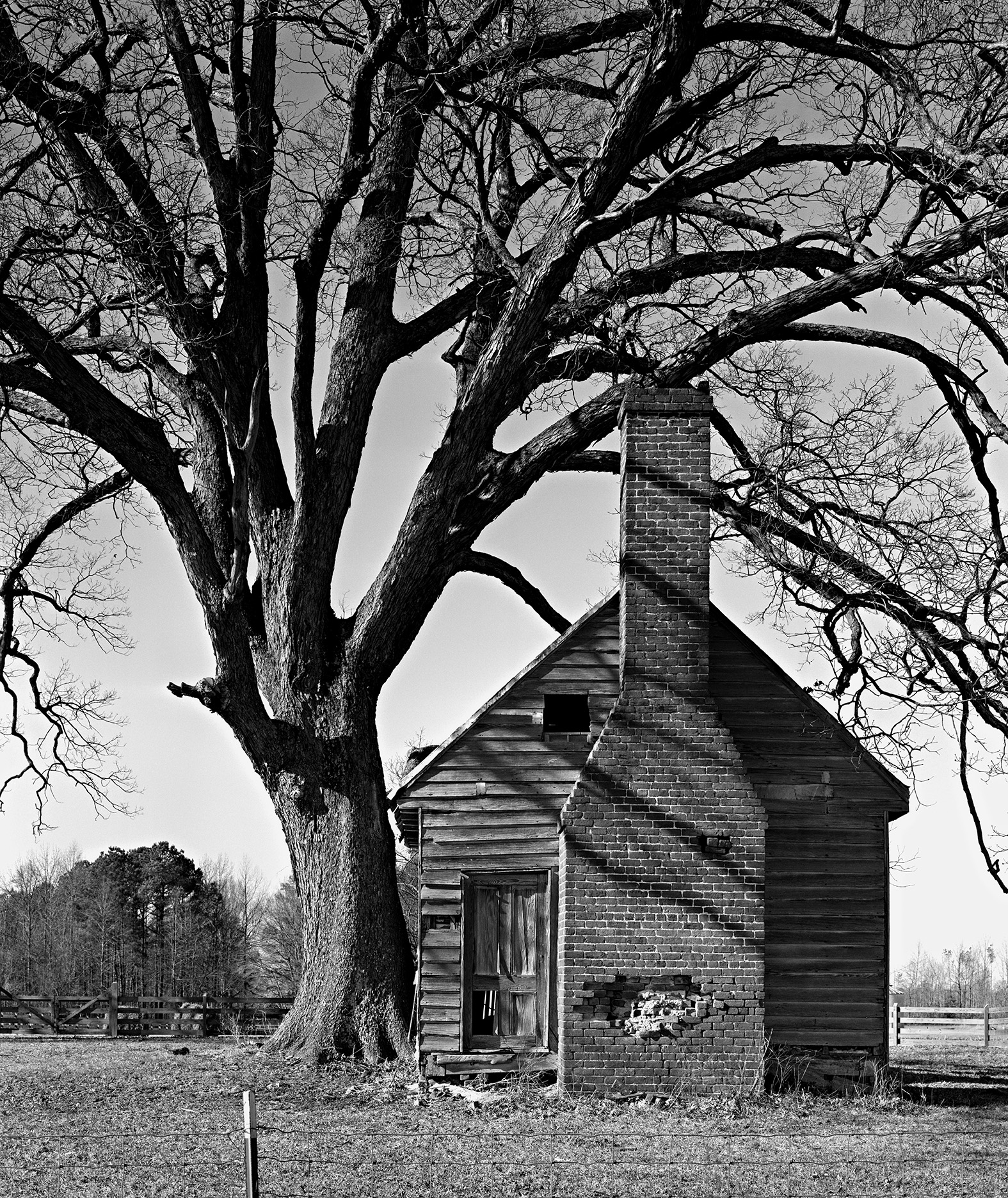News Release

Photo courtesy of Willie Graham.
News Release Date: August 3, 2020
Contact: NewsMedia@nps.gov
WASHINGTON – The Trump Administration announced today $202,660 in grants for projects to develop or adapt techniques to preserve historical sites and cultural heritage in nine states.
"Historic preservation depends on advancements in science and technology," said NPS Deputy Director David Vela, exercising the authority of the Director. “These grants will help educational institutions, states, local governments, and non-profit organizations foster innovative research and training projects that preserve aspects of our history.”
Examples of projects funded this year include:
-
The City of Fairfax, VA will conduct research aimed at implementing new methods for assessing and preserving interior surfaces of historic structures with advanced imaging.
-
Texas Tech University will investigate measuring pitch pine physical and chemical defense mechanisms in historically and culturally important forests in Concord, MA, and how those defense mechanisms may protect them from the expected arrival of the southern pine beetle.
-
The University of Texas San Antonio will examine the potential impact of automated heated and cooling systems on historic stone buildings.
The National Park Service’s National Center for Preservation Technology and Training (NCPTT) administers the grants as part of its efforts to create new technologies and training opportunities to preserve historic and cultural resources. Funded by the National Recreation and Preservation account, NCPTT has awarded more than $11 million in grants to fund science and technology-based landmark preservation projects since 1994. A full list of this year’s grant recipients is below.
For more information about the NPS Center for Preservation Technology and Training, including these grants, visit www.ncptt.nps.gov.
|
State |
Project |
Recipient |
Grant Amount |
|
Florida |
Rapid Midden Assessment of the Cross Florida Greenway -South Barge Canal |
Gulf Archaeology Research Institute |
$20,000 |
|
Michigan |
Systemic Capture and Processing of Digital Documentation of Historic Landscapes to Promote Active Management and Broad Accessibility |
Isle Royal National Park |
$8,142 |
|
New Mexico |
Mud Talks: Preserving Earthen Architecture |
Cornerstone Community Partnerships |
$14,991 |
|
New York |
Open-Access Remote Sensing Toward an Online Repository of Archaeological Geophysical Data |
Research Foundation for SUNY |
$19,941 |
|
Ohio |
Tri-Cure Hybrid Organo-Silicone Coatings for Monument Preservation |
Bowling Green State University |
$20,000 |
|
South Carolina |
Keeping History Above Water -- Charleston: A Workshop for Communities in Action |
Clemson University |
$19,665 |
|
Texas |
Database of Vernacular Architecture |
Texas A&M University |
$20,000 |
|
Texas |
Measuring pitch pine physical and chemical defense mechanisms in historically and culturally import forests in Concord, MA |
Texas Tech University |
$19,983 |
|
Texas |
A Methodical Investigation of HVAC Integration and Impact on U.S. Historic Stone Buildings |
University of Texas San Antonio |
$20,000 |
|
Utah |
Virtual Field Trip of Sleeping Rainbow Ranch in Capitol Reef National Park |
Utah Valley University |
$19,962 |
|
Virginia |
New Insights into Interiors Surfaces of Historic Structures with Advanced Imaging Research |
City of Fairfax, Office of Historic Resources |
$19,976 |
About the National Park Service. More than 20,000 National Park Service employees care for America's 419 national parks and work with communities across the nation to help preserve local history and create close-to-home recreational opportunities. Visit us at www.nps.gov, on Facebook www.facebook.com/nationalparkservice, Twitter www.twitter.com/natlparkservice, and YouTube www.youtube.com/nationalparkservice.
Last updated: August 6, 2020
